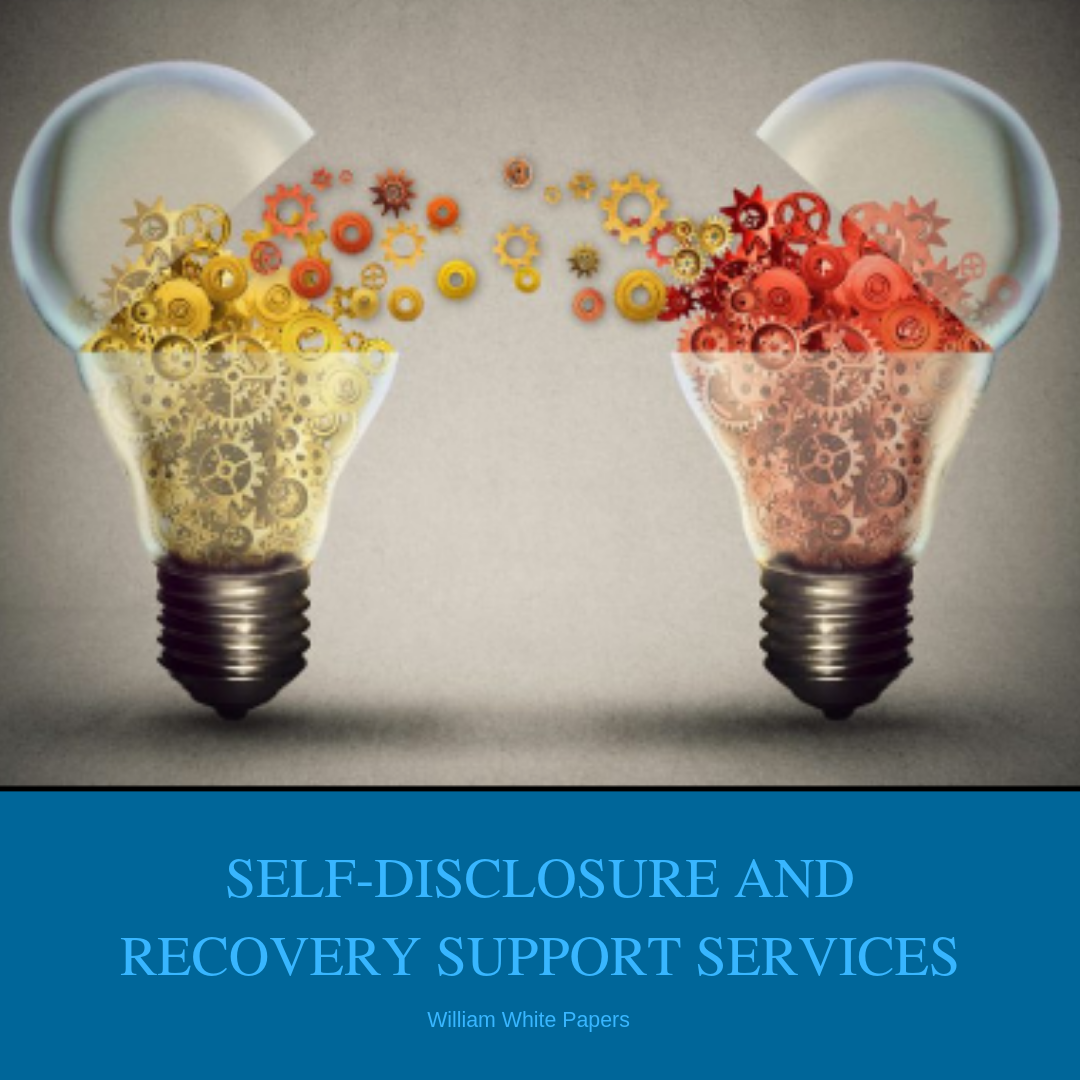William White on SELF-DISCLOSURE AND RECOVERY SUPPORT SERVICES
SELF-DISCLOSURE AND RECOVERY SUPPORT SERVICES
This post is shared. It first appeared on William White Papers on June 13, 2019
Many questions have been recently posted to me on the use of self-disclosure as a tool in the delivery of recovery support services. Here are some key points raised in these discussions.
The historical context of discussions of self-disclosure draws upon the history of self-disclosure within addiction counseling. Addiction counselor self-disclosure was an integral part of the early history of addiction counseling but was then discouraged and in some settings, even prohibited as addiction counseling became more professionalized and modeled on the roles of the social worker, psychologist, and psychiatrist. The emergence of peer recovery support services can be viewed as an effort to retrieve valuable assets that had been lost in the professionalization of addiction treatment.
Self-disclosure within peer recovery support services draws upon the concept of the “wounded healer” (that people who have survived traumatic events or conditions may have experiential knowledge of great value to people facing similar circumstances) and the “helper principle” (the recognition that both helpee and helper receive benefit from the helping process).
Ethical standards guiding other helping roles (e.g., addiction counselor, social worker, psychologist) should not be indiscriminately foisted on peer recovery support roles as the latter non-clinical roles are usually less hierarchical (partnership model versus expert model), of longer duration, span non-traditional service delivery settings, and are far less commercialized.
Disclosures within the peer recovery support process fall into two categories: material drawn from the peer’s own addiction recovery or life experiences, and 2) document drawn from the collective experience of the peer as a member of a broader recovery community.
The question of the appropriateness of self-disclosure contains two critical dimensions: 1) Service Effectiveness: Does self-disclosure by the recovery support service provider enhance recovery outcomes among those being served?, and 2) Service Ethics: Are their circumstances in which helper self-disclosure could elicit harm to one or more parties (e.g., the person being served, the peer service specialists, the service organization, the field of peer recovery support services, or the broader community)?
Criteria I would recommend to evaluate self-disclosures by a peer recovery support specialist include the following:
1) Was the disclosure strategic/purposeful/well-timed)? Does it meet one or more of the following objectives?
a) expressing empathy with the client’s circumstances
b) enhancing mutual identification via we/us/our language
c) eliciting hope for the potential and value of long-term recovery
d) normalizing experiences within the early stages of recovery
e) modeling recovery language and the 3-part style of recovery story construction and storytelling (the way things were, what happened to change that, the way things are now)
f) conveying fundamental personal/family recovery principles (the reality of recovery, multiple pathways of recovery, recovery as a stage-dependent process, etc.) or values (honesty, humility, tolerance, gratitude, forgiveness, service)
g) illustrating the ways hidden resources within the self and beyond the person can be drawn upon to achieve stable recovery and improved quality of personal and family life in recovery
h) addressing suspicion of helper motivation (by honestly addressing motivation of service, e.g., survival guilt, gratitude—paying it forward, strengthening one’s recovery via service
2) Was the disclosure brief, and did it end with the elicitation of how the disclosure related to the experience of the person being helped? The guiding principle is: briefer the better, particularly during the early stages of engagement. The longer the disclosure, the higher the likelihood the disclosure is meeting the helper’s needs at the expense of the helpee’s needs.
3) Was the disclosure developmentally appropriate? (Did it address current maturational tasks in a language that could be understood? Did it avoid overuse of profanity or slang from the cultures of addiction or recovery?)
4) Was the disclosure culturally contextualized? (Did the disclosure contain language, ideas, metaphors, etc. likely to be catalytic within the helpee’s cultural milieu? Did the disclosure convey respect for the varieties of recovery experience and leave room for the helper to express an entirely different experience?)
5) Was the level of intimacy of the disclosure appropriate for the stage of the relationship and the stage of recovery of the adolescent? (Overly intimate exposures early in peer relationship can elicit fear and flight as it sets expectations for the person being helped to reciprocate in kind.)
6) Did the disclosure involve material over which the peer has emotional control? Disclosures are best shared when they are of experience the speaker has mastered through understanding and emotional harmony—never lessons that are currently underway—due to the risk of using the service context for one’s therapy.
7) Did the level of disclosure (emotional or otherwise) minimize risks for the volunteer and the recovery support organization?
8) Was disclosure context-appropriate via the medium in which the disclosure occurred, e.g., phone versus face-to-face, with the latter varying depending on the location of the face-to-face contact?
Self-disclosure can strengthen or weaken the recovery support relationship and serve to increase or decrease long-term recovery outcomes. The question is not, “Disclose or not disclose?” as a blanket prescription, but how to judge the timing, duration, nature, and context of self-disclosure. The eight questions above may provide a helpful tool for the training and supervision of peer recovery support specialists.
To learn more about The Lighthouse Recovery 365 coaching program Contact
Call Trey Laird 203-400-8065



